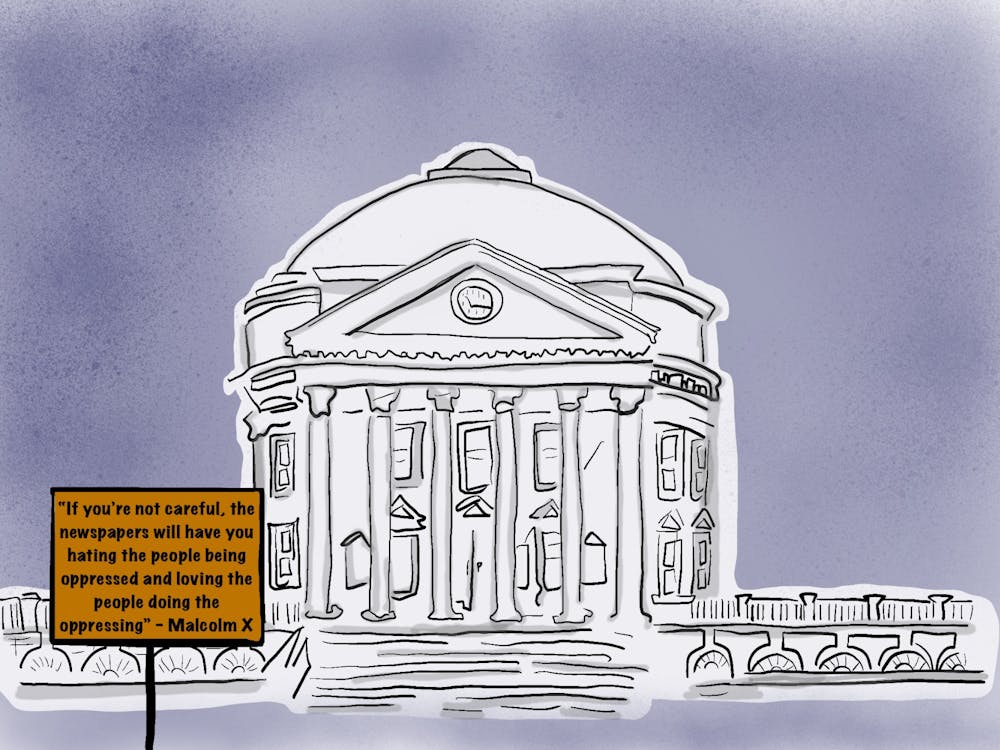Delaware State University associate professor Cyril Broderick has recently come under fire for an article he wrote accusing the U.S. Department of Defense and the World Health Organization of causing the Ebola epidemic in Western Africa. The article was published in a Liberian newspaper.
Many have criticized Broderick for making unsubstantiated claims and encouraging people in countries suffering from the Ebola epidemic to distrust western doctors who are trying to help. According to Inside Higher Ed, Delaware State University responded to inquiries from The Washington Post by saying Broderick has a First Amendment right to express his opinions and that the university would not interfere with those rights. Henry Reichman, chair of the American Association of University Professors Committee A on Academic Freedom, said the university does not have the authority to punish Broderick for his opinions, unless he is “promoting scientific falsehoods in his classes.”
Professors’ opinions should not necessarily always be protected just because they are opinions. We argued in favor of the University of Illinois’ decision to reject Steven Salaita’s application for a tenured professorship after he tweeted inflammatory statements about Israel, because Salaita’s mode of argument by insult would not foster a good learning environment in a classroom. Our editorial on Salaita also rejected the counterargument that professors’ statements on social media (or other forms of media, by extension) should not impact their standing at their universities. If professors’ statements are publically visible, they can impact their students as well as speak to their characters.
Broderick’s style of argument does not necessarily indicate that he would create a classroom environment that discouraged healthy debate and disagreement. But his citation of several conspiracy theorist websites indicates he may not be competent in research processes. Research is a skill college students must learn, and an important part of that skill is the ability to distinguish between a reputable source and a non-reputable source.
Is there a place for conspiracy theories in higher education? There is no reason they can’t be introduced as discussion fodder, but students and professors alike must use factually accurate information to back up their claims. Failing to do so defeats the productivity of discussion. Academic freedom needs to be protected, but there are valid academic claims and invalid ones, and failing to use proper research methods can invalidate academic claims.
Reichman also pointed out that some professors make declarations which are not necessarily provable. It is true that some arguments, such as in philosophical or religious disciplines, do not rely on empirical evidence. Broderick’s claim, however, must contain some kind of scientific fact in order to be legitimate.
The key question here in regard to Broderick’s conduct is whether or not he should be allowed to retain his position at the university. And his dependence on conspiracy theories as factual information indicates he does not have the research and argumentative skills necessary to be a qualified educator. Even if he is not fired, his practices within the classroom and his research field should face a higher degree of scrutiny from here on out.




